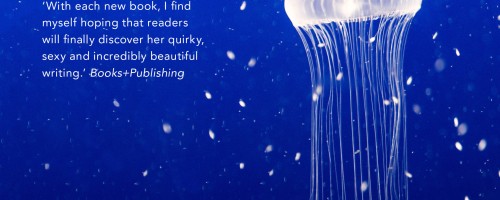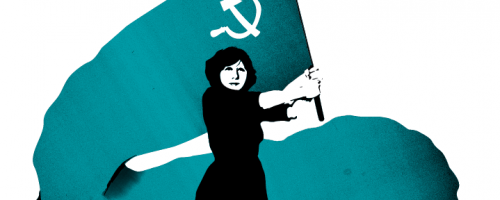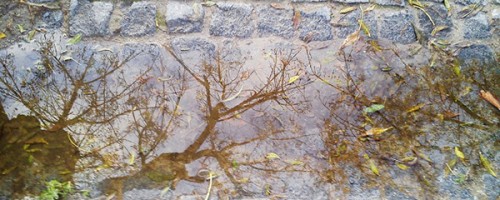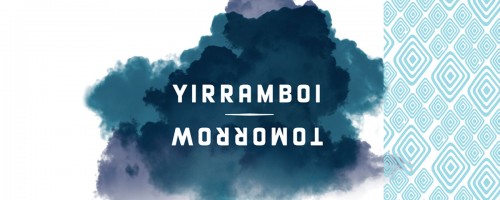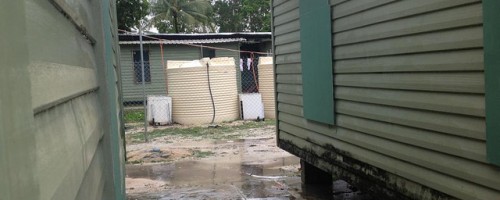Against choice feminism
Popular feminism once discussed systemic issues – that is, issues that occurred at a widespread, societal level – and sought to challenge and dismantle them. Of late, a lot of mainstream rhetoric has focused on whether, say, choices like plastic surgery are feminist (because ‘those who choose the scalpel route are doing so to compete in a culture where youthful beauty is beamed at us as the most desirable thing there is’). Or the choice to grow one’s armpit hair out, or not shave one’s legs, or not wear make-up, or not wear skirts, or go on a diet, or even invest in fossil fuels.



